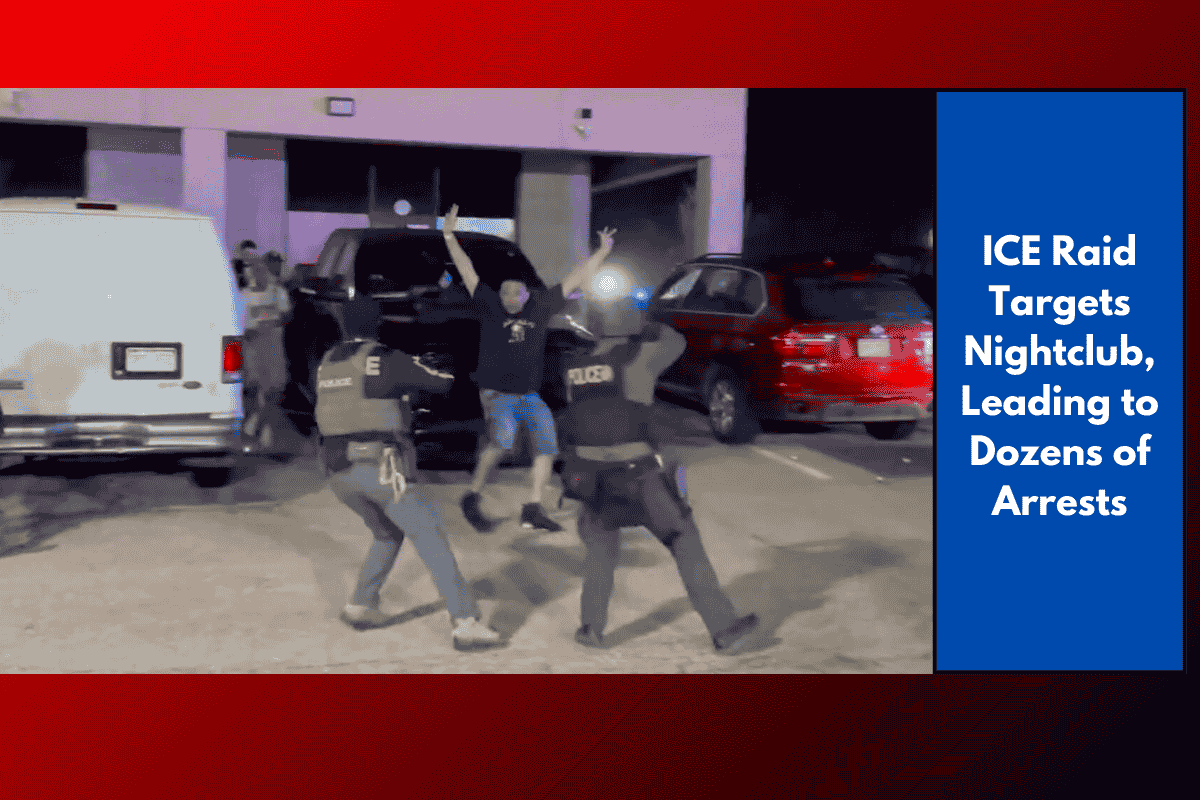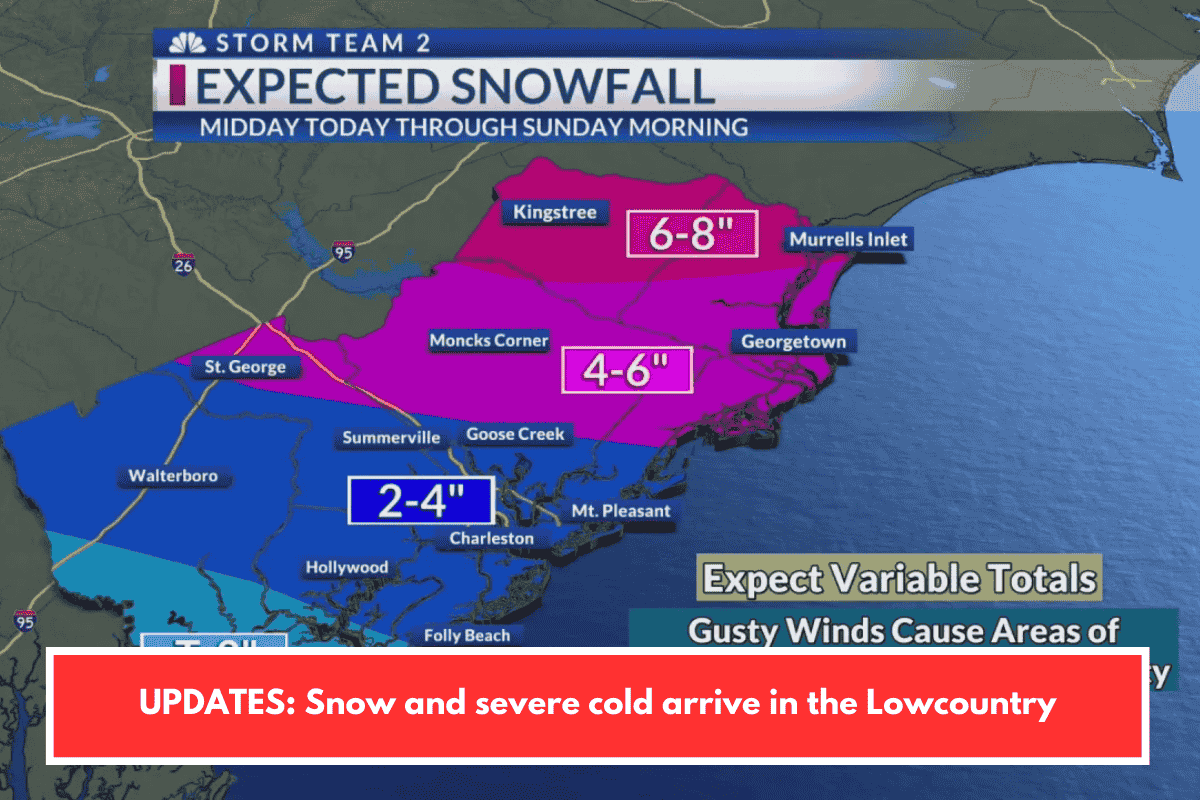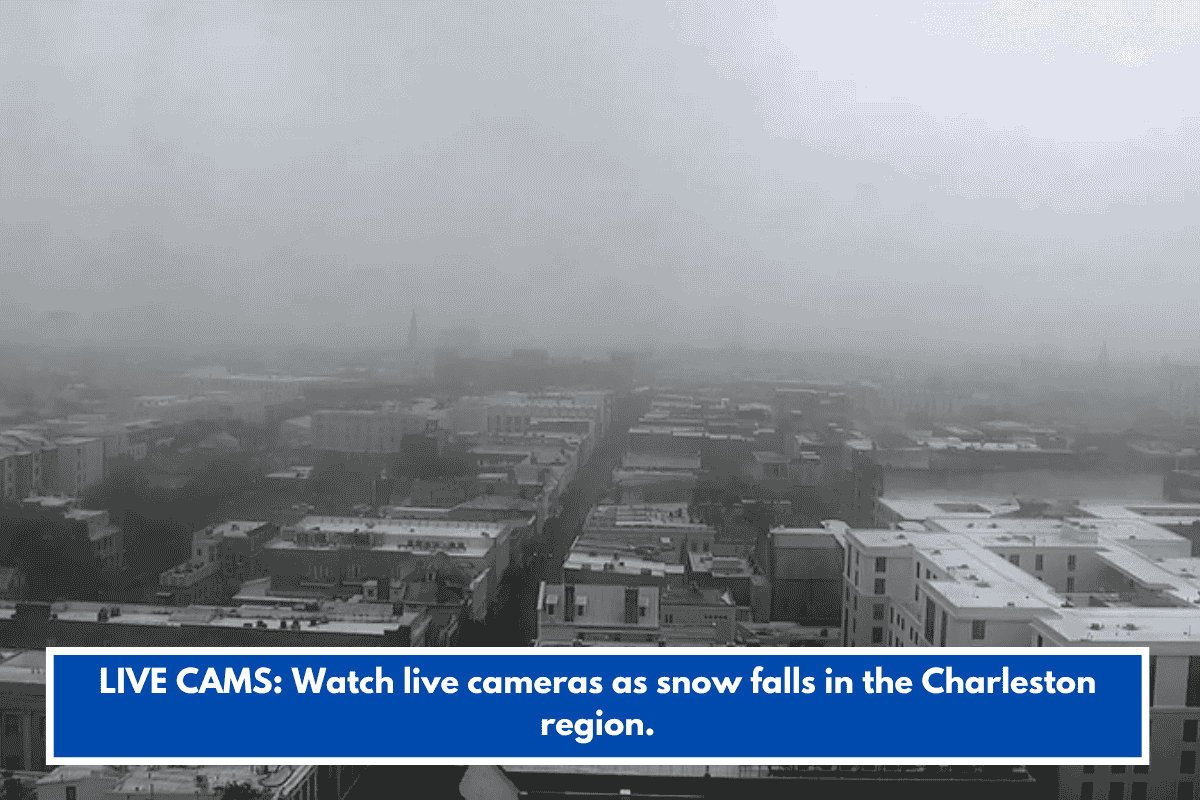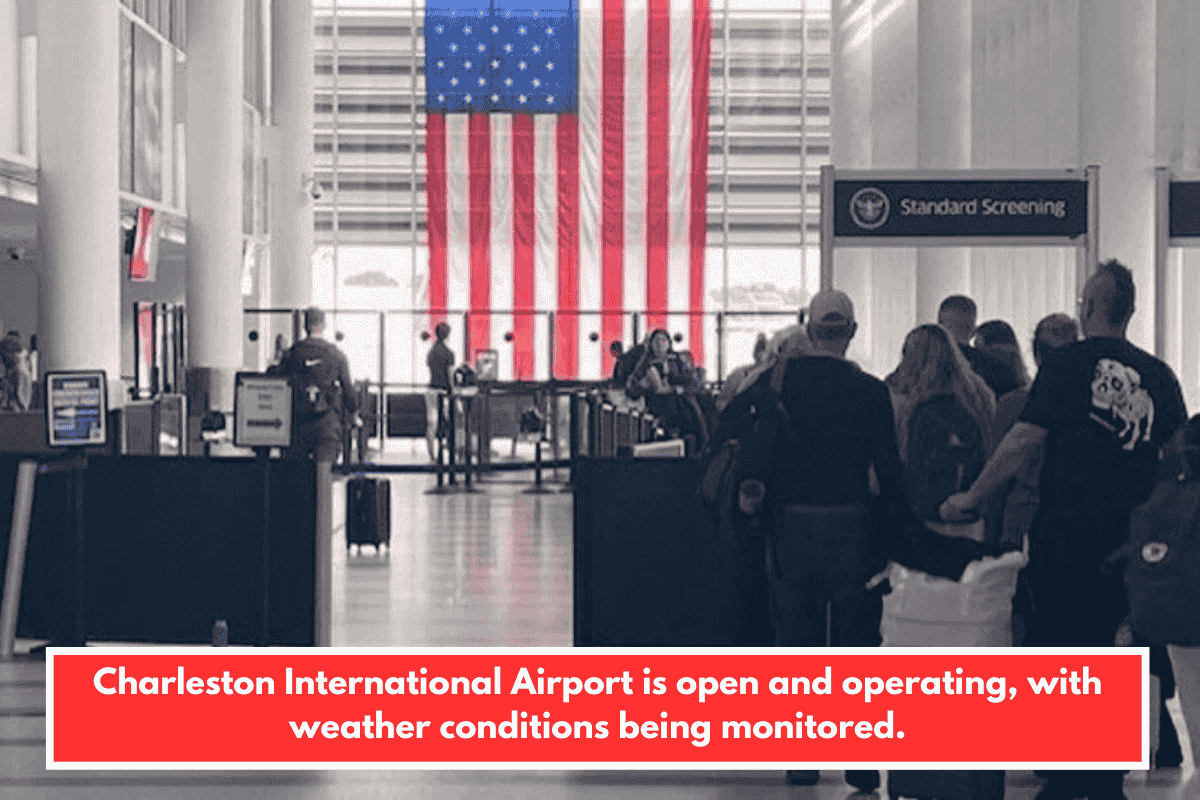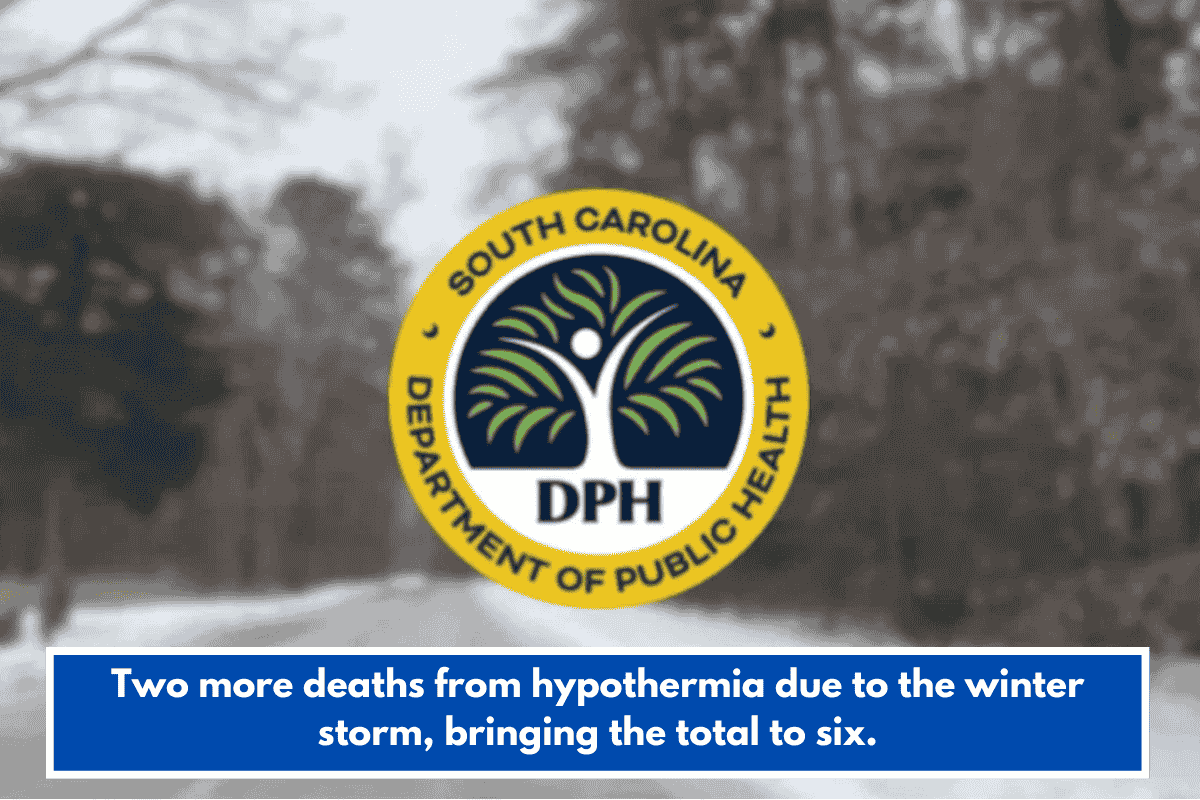Charleston, SC – Immigration and Customs Enforcement (ICE) conducted a major sting operation at the Alamo Nightclub near Charleston, South Carolina, leading to the seizure of cash, drugs, firearms, and the arrest of over 70 illegal immigrants. The operation has raised concerns within the local immigrant community, with fears of profiling and increased scrutiny.
One of the individuals arrested was Sergio Joel Galo-Baca, who is reportedly linked to the Los Zetas cartel and is subject to an active INTERPOL Red Notice for homicide in Honduras. The arrest of Galo-Baca is among the significant outcomes of the raid, which also targeted a nightclub allegedly involved in drug, weapon, and human trafficking activities.
DHS and ICE’s Statement
Department of Homeland Security (DHS) Assistant Secretary Tricia McLaughlin commented on the operation, saying, “Day in and day out, the brave men and women of ICE are working with local law enforcement to keep American communities safe.” She added, “The successful operation that took place in the Charleston area resulted in more than 70 arrests of illegal aliens—including an international murder suspect and the dismantling of a nightclub run by a suspected cartel member.”
Community Concerns and Impact
The operation follows growing pressure from the White House on DHS and ICE to ramp up arrests and deportations. However, local community members, particularly within the immigrant population, have expressed heightened anxiety. Fernando Soto, founder of Nuestro Estrado, which helps immigrant families with legal support, voiced concerns about the operation’s impact. He questioned why high-level criminals were not publicly named or pictured, which he believes has contributed to fear within the community.
Soto added, “It makes them fearful of going out and enjoying themselves. It makes them fearful of getting up in the morning and going to work.” Reports indicated that several local businesses closed following the raid, as people of color, in particular, faced increased scrutiny.
Legal Support and Immigrant Rights
Soto stressed the importance of providing legal support during such operations. He noted the lack of language access in South Carolina, which makes it crucial for individuals to understand their rights, even during heightened enforcement actions. He emphasized, “We have a responsibility…to make sure that people understand that even during a time like this, they still have rights, that they can reach out to an attorney.”
More than 66 of those arrested were undocumented immigrants, and the operation has sparked ongoing discussions about the impact of such raids on the immigrant community and the need for clearer communication about rights and protections.

